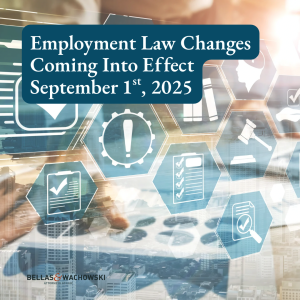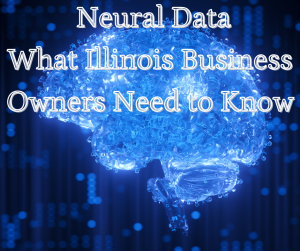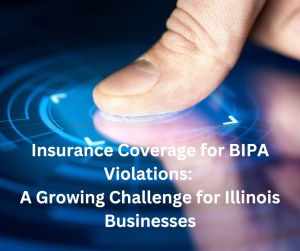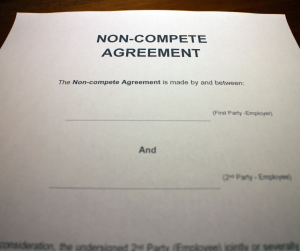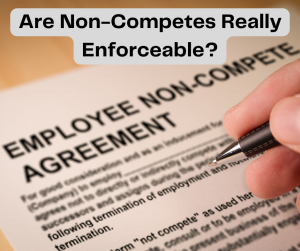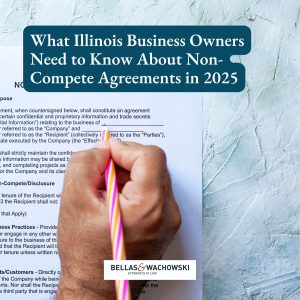 The Federal Trade Commission (FTC) tried to ban non-compete agreements across the country. That sweeping ban is now effectively dead. A federal judge struck it down, and the FTC recently gave up its appeals.
The Federal Trade Commission (FTC) tried to ban non-compete agreements across the country. That sweeping ban is now effectively dead. A federal judge struck it down, and the FTC recently gave up its appeals.
But that doesn’t mean employers are free to use non-competes however they like. The FTC has made clear that it will still go after what it sees as “anticompetitive” non-competes on a case-by-case basis. And here in Illinois, state law continues to strictly regulate how and when non-competes can be used.
For business owners, the message is simple: non-competes are not gone, but they’re under a microscope.
 Chicago Business Attorney Blog
Chicago Business Attorney Blog


